Clogged arteries are a dangerous business. They can cause many health issues, the most dangerous of those being high blood pressure and heart attack. But how do you figure out that your arteries might be clogged before things get bad or need medical intervention? Pay attention to your body: These are the signs of clogged arteries that you might not be noticing.
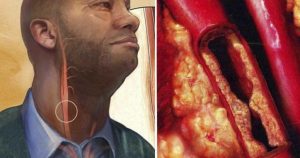
Arteries are the blood vessels that carry oxygenated blood throughout your body. They carry this blood to your brain, to all the major and minor organs of your body, to your muscles, and even all the way down to the tips of your fingers and toes. In healthy arteries, the blood flows freely through them because they have smooth walls and are free of obstructions. Clogged arteries, however, have built-up plaques on their walls. These plaques reduce blood flow and can even block it altogether, leading to a heart attack.
Knowing the Signs
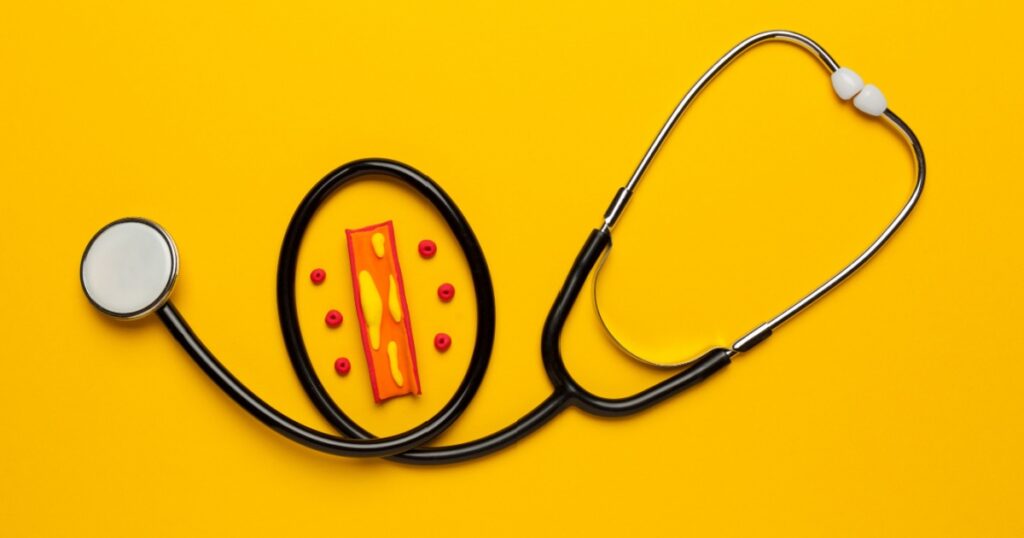
Knowing the early signs of clogged arteries is crucial to resolve the problem before it poses such a significant risk to your health. Thankfully, you can improve clogged arteries with some simple diet and exercise interventions. If they are quite heavily clogged or you have a family history of heart problems, your doctor may also put you on some medications to help keep your arteries in check. If you have any of these ten warning signs of clogged arteries, see your doctor right away to come up with a plan to improve them.
Nausea

Realistically, what condition isn’t nausea a symptom of? One of our body’s most astute ways of telling us something is wrong is by making us nauseous. Of course, just because you’re feeling nauseous doesn’t mean you have clogged arteries. Still, if it is ongoing you should go talk to your doctor about it.
Chest Pain

Chest pain is also known as angina. It results from reduced blood flow to the heart because of built-up plaque in the arteries that lead to it. Angina usually begins in the chest by the breast bone and then can extend into your left arm or shoulder, jaw, and upper back. If you are experiencing ongoing chest tightness and pain, speak with your doctor immediately.
Shortness of breath
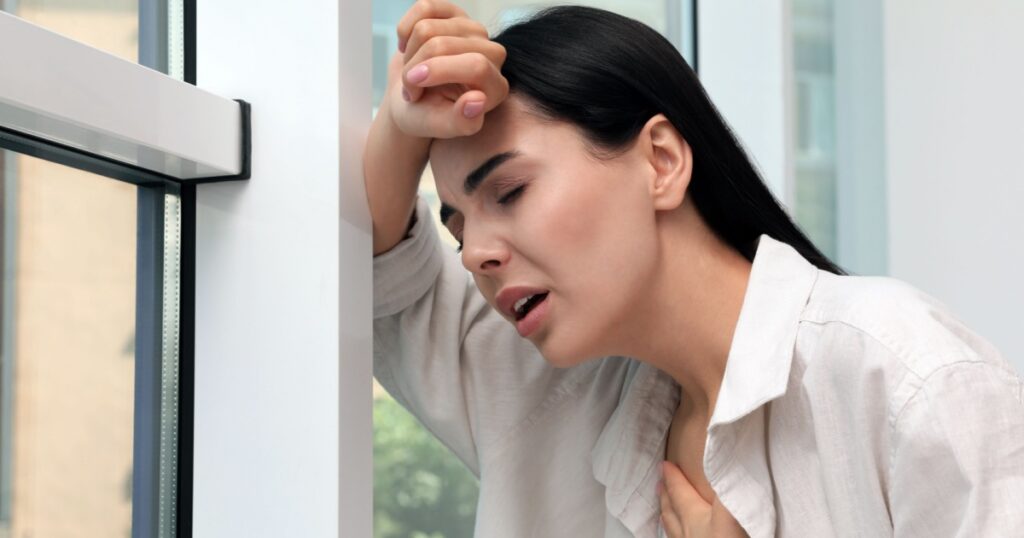
If you are experiencing shortness of breath, this could be because your pulmonary arteries are clogged. While it is normal to feel short of breath after climbing the stairs or a physical effort, if it is more than usual, ongoing, and especially if it is when you are sedentary, you should have it looked at.
Weakness or numbness in one side of your body
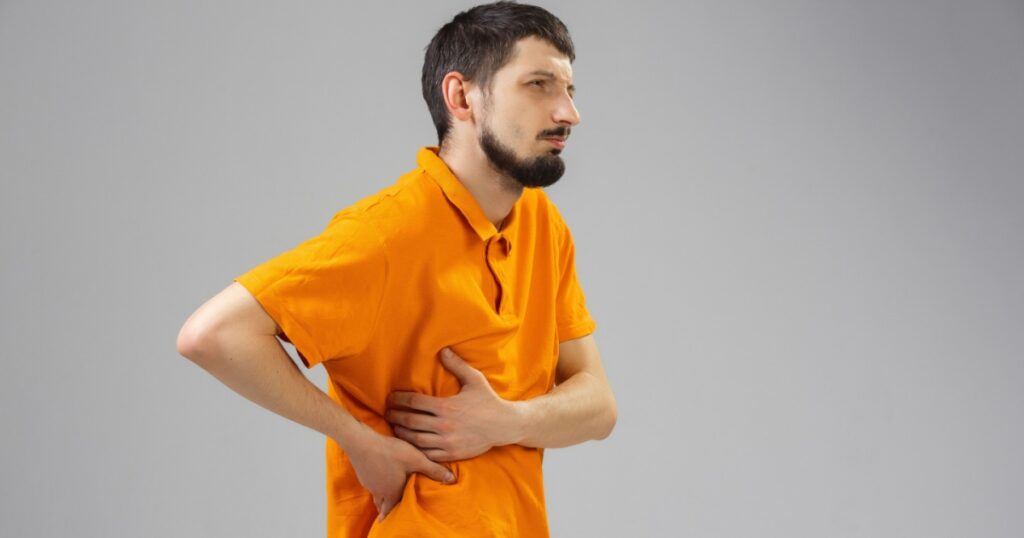
If blood flow is restricted or cut off in your carotid arteries, it could cause you to experience weakness or numbness on one side of your body. The carotid arteries are those that carry blood from the heart to the head and are located on either side of the neck. They both split into two branches, one that carries blood to the brain and eyes and the other that takes it to the face, tongue, and outside parts of the head.
Slurring of words

Slurring your words could be a symptom of a number of conditions. One of those is that your carotid arteries are blocked. This could either be the interior branch that carries blood to the brain, or the exterior branch that takes it to the tongue.
Vision Loss
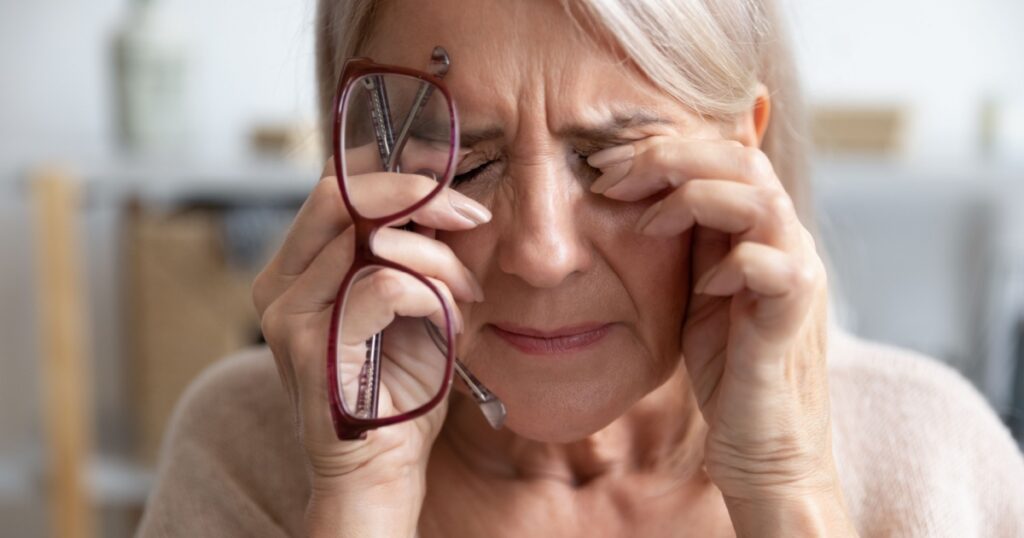
Vision loss is a symptom of a clogged exterior branch of the carotid artery. This could be in one or both eyes. If you are experiencing sudden decreased capacity to see or blurred vision, see your doctor right away.
Leg pain

There are a million and one reasons why you could be experiencing leg pain. One of these reasons could be clogged peripheral arteries. These are the arteries in your legs and arms. Pain in one leg with no other explanation such as an injury could mean you have a clogged artery.
Cold feet

When blood can’t travel freely through your body, your extremities will get cold. Cold feet could mean that blood flow is blocked or restricted in your legs so that it is not reaching your feet properly. This could be a sign of a blocked peripheral artery.
Delayed healing of injuries of the feet
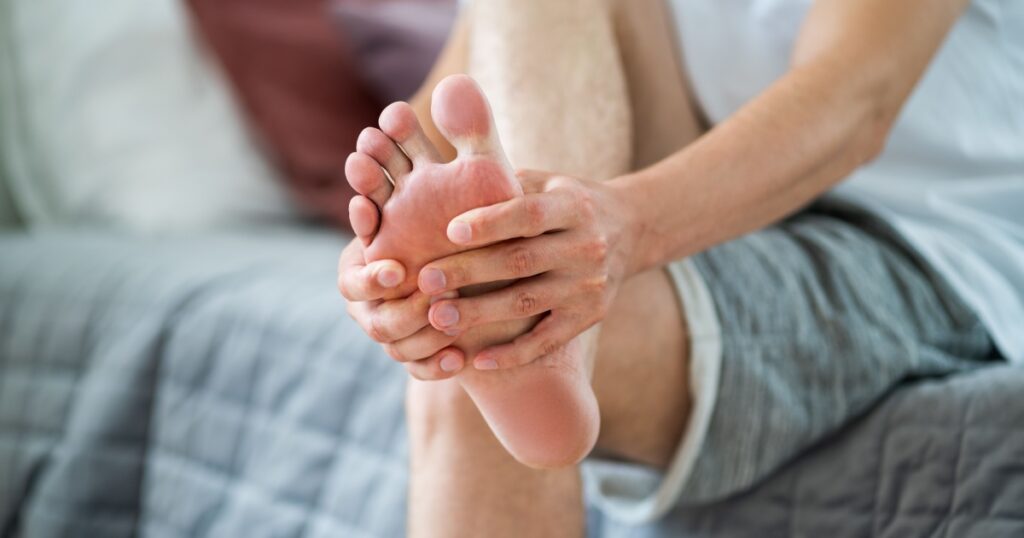
This goes along with the unexplained cold feet. Injuries need blood to heal. If the blood is not flowing there, or not flowing there sufficiently, these injuries will heal slowly or not at all. If you notice that injuries in your feet or lower legs are not healing as they should talk to your doctor.
Heart palpitations
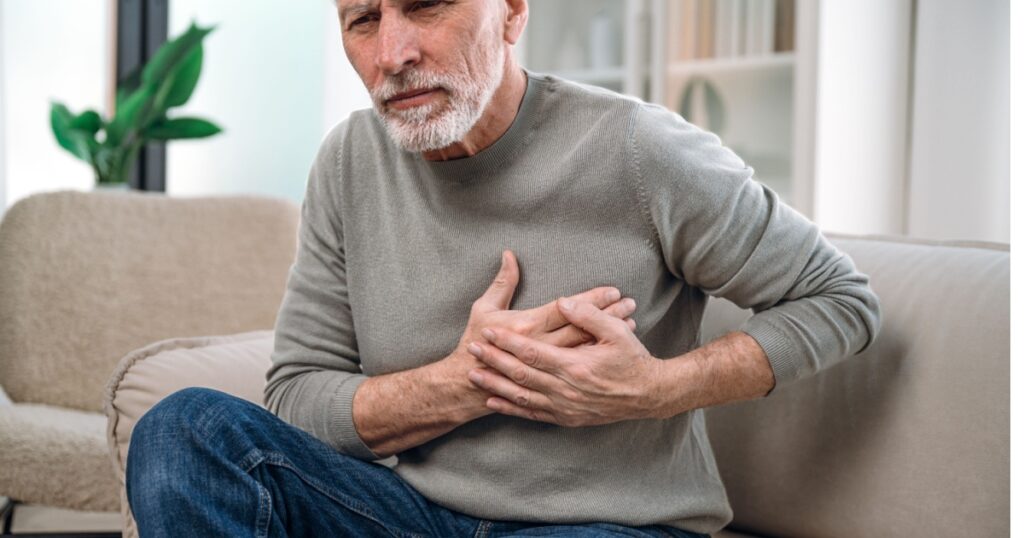
Truthfully, anytime you notice changes in your heart rate, you should see your doctor. When your heart beat suddenly becomes noticeable, heart palpitations could be a sign that blood is not flowing the way it should. This can feel like a heart pounding, fluttering, or beating irregularly. It will usually last for just a few seconds or minutes. It is possible that you will feel these sensations in your neck or throat, as well.
The Bottom Line
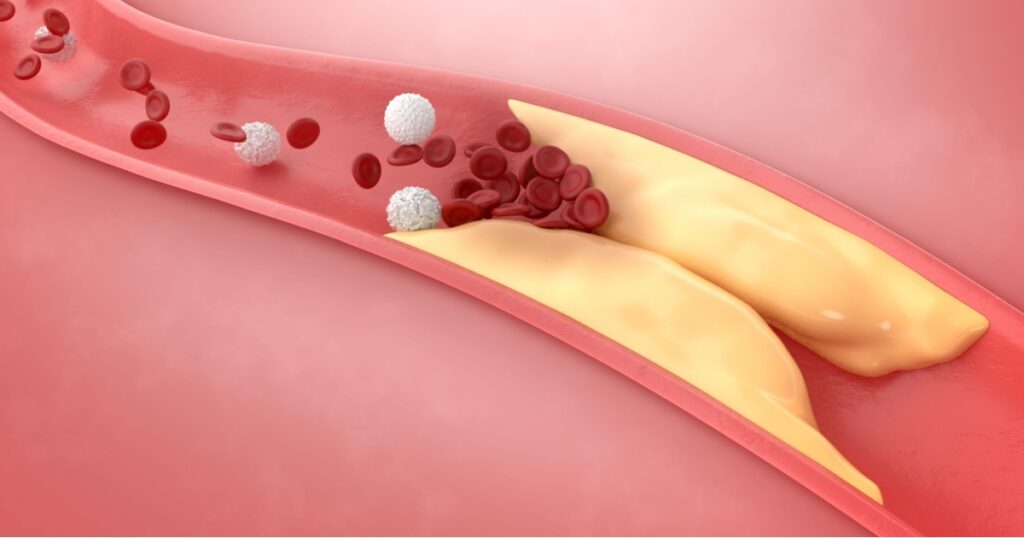
Being aware of the symptoms of clogged arteries, as well as other health conditions, isn’t to make you into a hypochondriac. Rather, it is to protect you. Awareness and being brave enough to seek medical advice when you notice signs and symptoms can save your life or that of someone you love. Take your symptoms seriously and talk to a doctor.
Disclaimer: This information is not intended to be a substitute for professional medical advice, diagnosis or treatment and is for information only. Always seek the advice of your physician or another qualified health provider with any questions about your medical condition and/or current medication. Do not disregard professional medical advice or delay seeking advice or treatment because of something you have read here.